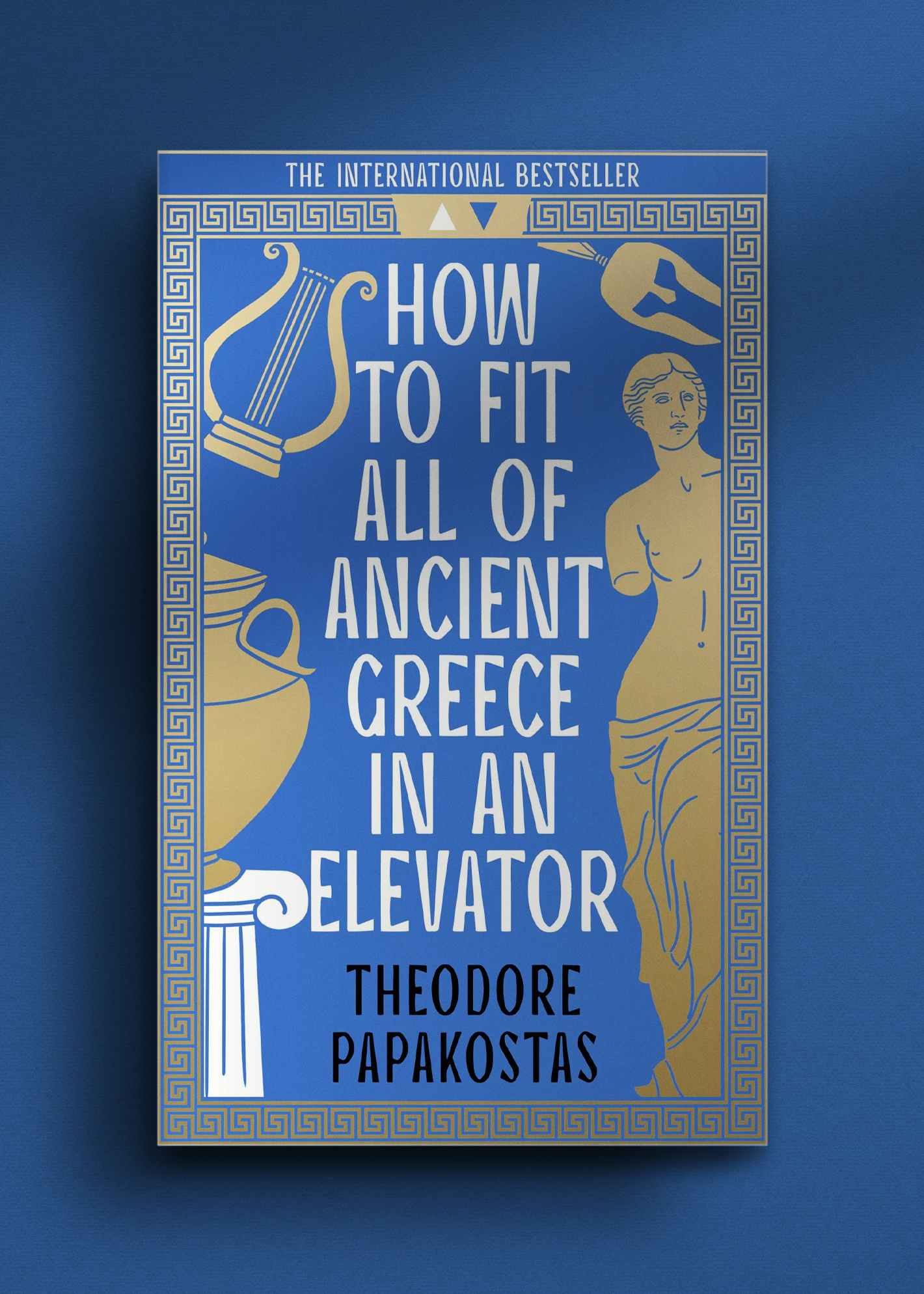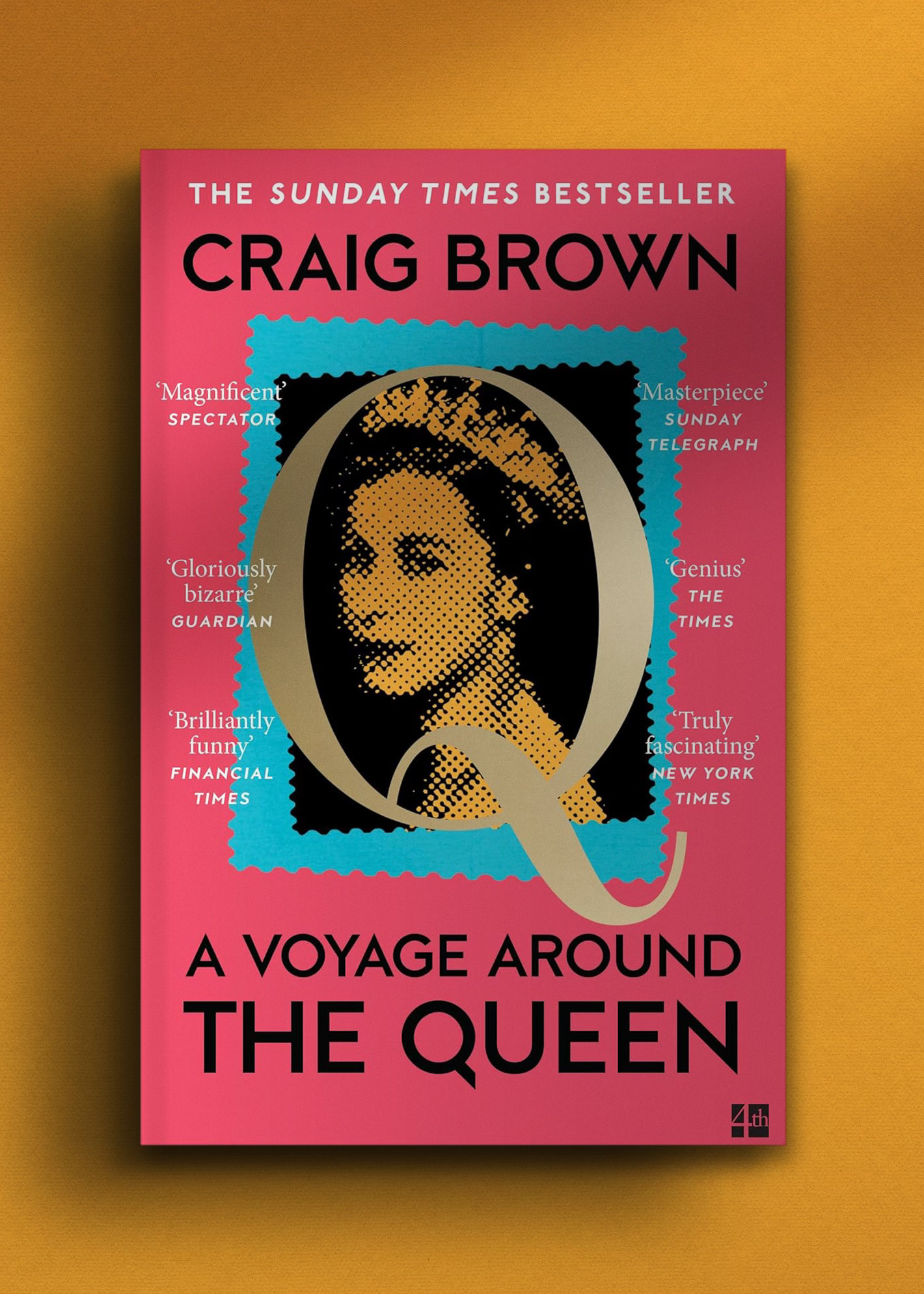New History Books for August 2024
From Operation Barbarossa to the Medieval scriptorium, Kyiv to Cornwall


Here is a selection of anticipated new history books that will be released over the month ahead.


Barbarossa 1941: An Atlas of German Army Situation Maps by Kevin Boylan
Osprey Publishing, 1 August, 2024
Operation Barbarossa, launched by Hitler's Germany against the Soviet Union in June 1941 can justly be described as the greatest military confrontation in history. As Kevin Boylan frames it, in the introduction to this sumptuous publication, 'The two largest armies in the world faced off against each other on the longest continuous front line and fought the biggest battles that history had ever seen'.
Making sense of such a Goliath contest has been the work of historians ever since. For those military historians interested in the Nazi point of view this atlas of situation maps is indispensable. Spanning the second half of 1941, it follows the three major army groups (north, centre and south), tracing the lightning advances and occasional reversals in daily detail. A blend of cartography, military history and analysis, should anyone ever ask me where Hoth's 20th Panzer Division was at ten thirty on 30 June 1941, I can now cheerfully tell them where to look.


I Will Show You How It Was: The Story of Wartime Kyiv by Illia Ponomarenko
Bloomsbury Publishing, 1 August, 2024
Journalism, it has often been remarked, provides the first draft of history. And while 2022 might seem far too recent to be studied with any perspective, the events of February that year demand analysis. In I Will Show You How It Was, Illia Ponomarenko, defence editor of the Kyiv Independent, provides what will surely become one of the crucial eyewitness accounts of the Russian invasion of Ukraine.
Memories of the tense period between Christmas and February are still with us now. There was the frantic diplomatic charge, led by President Macron; Putin at his ludicrous long table in the Kremlin; Ben Wallace pronouncing that the Russian leader had gone 'full tonto'. This was the view from the UK, but in real-time vast numbers were tracking events in Kyiv through Ponomarenko's Twitter account. Now that story has been crafted into this suspense-filled, full-length narrative.


How To Fit All of Ancient Greece in an Elevator by Theodore Papakostas
William Collins, 1 August, 2024
On these blazing summer days, the prospect of lounging in your back garden learning about Ancient Greece might sound like an appealing one. And if it does, then there is no better book for the job than Theodore Papakostas's playful How to Fit All of Ancient Greece in an Elevator.
First published in Greece, where it was a bestseller, Papakostas's book is now being released in an English translation. The book's success is grounded in its accessible tone (one which will appeal more to casual readers than subject specialists) and also its clever framing device. The narrative is structured around a conversation between two people who find themselves trapped in a lift.
One of the figures is an archaeologist; the other is merely curious. Papakostas's trick is to convert this nightmarish scenario into a brilliant storytelling mechanism.


Hitler's People: The Faces of the Third Reich by Richard J. Evans
Allen Lane, 13 August, 2024
Richard J Evans is one of Britain's most distinguished historians. Since the mid-1970s he has been producing scholarly studies about twentieth-century German society, an interest that inevitably drew him towards the great crucible of events in the 1930s and 1940s.
Evans's new study, Hitler's People, turns a cool analytical eye on those at the very top of the Nazi hierarchy: Joseph Goebbels, Herman Göring, Heinrich Himmler, Reinhard Heydrich and Adolf Eichmann. What fanatic impulses were present in these characters that led them towards such acts of inhumanity? Which were the moments that activated their latent impulses and converted them into human monsters?
These questions of how and why have continued to haunt society ever since 1945. Hitler's People provides a fresh view of the path towards extremism. Grounded in the latest scholarly research, it offers us much to reflect upon today.


God's Own Gentlewoman: The Life of Margaret Paston by Diane Watt
Icon Books, 15 August, 2024
On hot dry summer days, very much like the one on which I am writing these words, the outline of a side aisle adjoining the church of St Peter and St Paul, at Mautby in Norfolk, becomes visible in the dry grass. Here, marked by a plaque, is the grave of one of fifteenth century England's most intriguing women: Margaret Paston.
Margaret Paston, as the title of Diane Watt's new biography affirms, was a 'gentlewoman' — a lady of elevated social standing. Far more importantly, as far as we are concerned, she was a writer. Her letters cover a range of domestic and military matters during the years of the Wars of the Roses, and they form a major strand of the 'Paston Letters', a crucial source for any historian of the time.
Watt has been working on Margaret's letters for a quarter of a century and in that time she has established enough about her life to produce this sparkling new biography.
In Pursuit of Margaret Paston
For twenty five years Diane Watt has been searching letters and landscapes for traces of one of the fifteenth-century's most intriguing figures


Eighteen: A History of Britain in 18 Young Lives by Alice Loxton
Macmillan, 15 August, 2024
Napoleon Bonaparte once observed that if you want to understand a person, you should look at what the world was like when they were twenty years old. This is a useful formula to keep in mind, and it can be a particularly revealing one when set against the mysterious behaviour of today's politicians.
In Eighteen, her second book, the sparky young historian Alice Loxton has picked a number just a little lower. Her aim is to profile a series of young Britons at this crucial moment in their lives when the formative experiences of childhood are gone but everything else remains ahead. It's an intriguing approach and it guarantees a book filled with vim. Bound together by age, Loxton's cast is drawn from very different times. Her focus flits from the Empress Matilda in 1120 to Richard Burton in 1943 with a great deal of others in between.
Eighteen is fleet of foot, cheerfully accessible and a fine candidate for a bright summer read.


Trelawny's Cornwall: A Journey Through Western Lands by Petroc Trelawny
Weidenfeld & Nicolson, 15 August, 2024
If the prospect of hurtling through British history with Loxton (above) feels a little too high octane, then for a more soothing alternative readers might well be drawn to Petroc Trelawny's meditative book on Cornwall.
Trelawny is best known in Britain as the presenter of the breakfast show on BBC Radio 3. While his voice reaches all corners of the isles every morning, his particular affinity is with the Cornish landscape he knew as a boy. It is to this place that he returns in this book, 'journeying' as the book's subtitle puts it, both geographically and imaginatively. Trelawny's Cornwall mixes travel writing, memoir and social history and it considers the particular question of regional identity. What is lost with a local language vanishes? What is gained by an influx of tourists with money to burn? What does the idea of 'Cornish otherness' actually mean?


The Medieval Scriptorium: Making Books in the Middle Ages by Sara J. Charles
Reaktion Books, 19 August, 2024
Few physical spaces in history are more tantalising than the Medieval scriptorium. It was here, in the writing rooms of monasteries across Europe, where little teams of scribes sat and copied manuscripts. In doing so they preserved knowledge during the long centuries that Petrarch termed 'the dark ages', passing the wisdom of previous generations forward to those who came next.
However, it is not only the value of the work that was done inside the scriptorium that makes it an enticing place. It is also its opaque nature. When trying to picture the scenes inside these rooms, we are often left to imagine what has not been clearly recorded. Sara J. Charles's invigorating new book goes far beyond this. Spanning the era between early Christianity and the appearance of the printing press in the fifteenth century, Charles's book brings the reader inside the scriptorium. She evokes the work that was done there, detailing the process and introducing us to many of the characters who have since been lost in time.


A Voyage Around the Queen by Craig Brown
Harper Collins, 29 August, 2024
Craig Brown's last historical outing was his puckish biography of The Beatles, One, Two, Three, Four, which was both a commercial and critical hit, winning him the Baillie Gifford Prize for non-fiction. If a bridge of sorts exists between that book and this new one, it is perhaps to be found at the end of the Abbey Road album, when Paul McCartney croons, 'Her Majesty's a pretty nice girl, but she doesn't have a lot to say'.
Buried in this lyric is the argument to Brown's new book. The late Queen Elizabeth II was a fixed cultural reference point for a very long time. She was not only a North Star for her British subjects but also for many across the world. Just as Anne Frank kept a picture of her on a wall, Donald Trump looked up to her.
Brown. who has previously written about the royal family and is very much on cruise control when writing about the quirks of British society, has much to say while 'voyaging' around the queen. As ever he says it with wit and knowledge in this book, which (gulp) marks the beginning of the big releases primed for the Christmas market.

This month's Previews were by Peter Moore.
📸 Dive into our Features
🎤 Read Interviews
🎧 Listen to Podcasts
🖼️ Buy fine art prints & more at our Store




